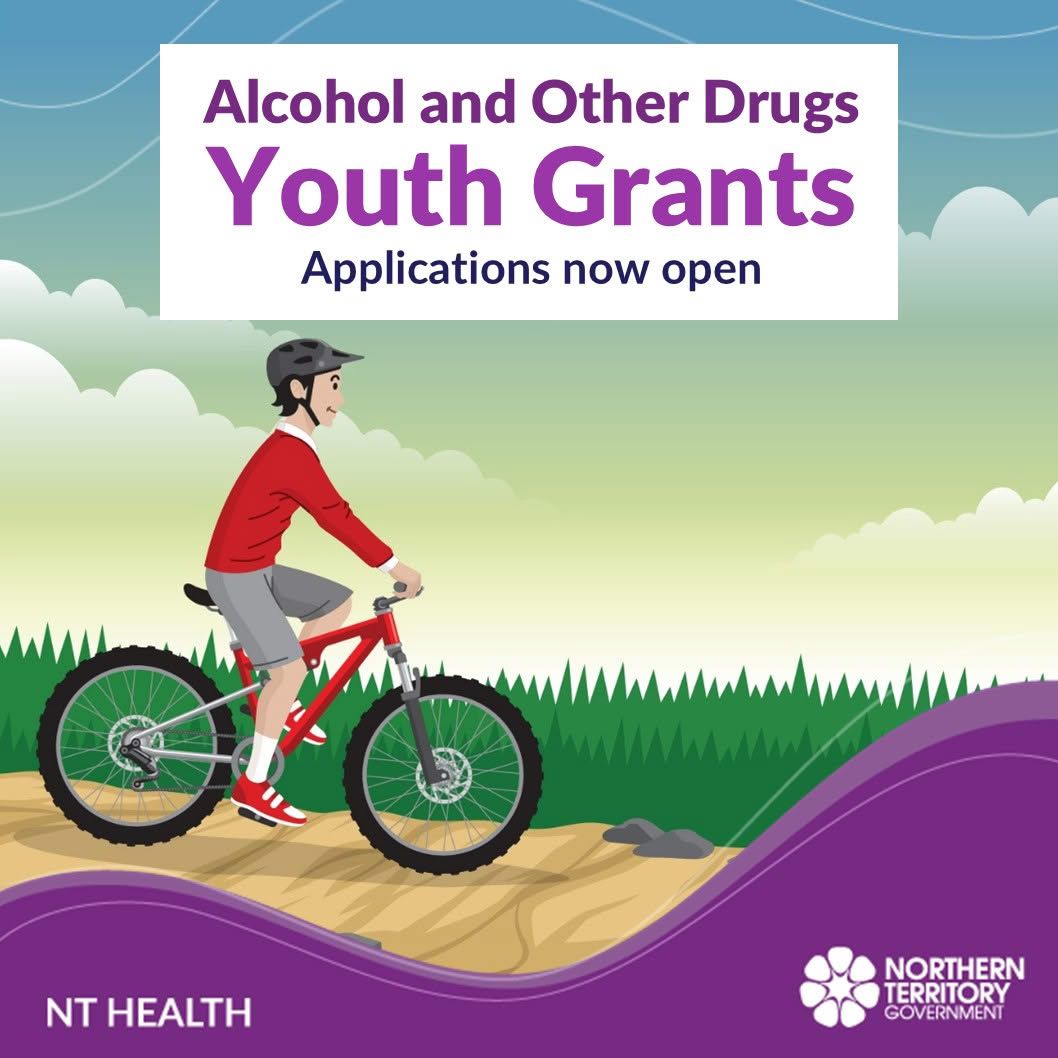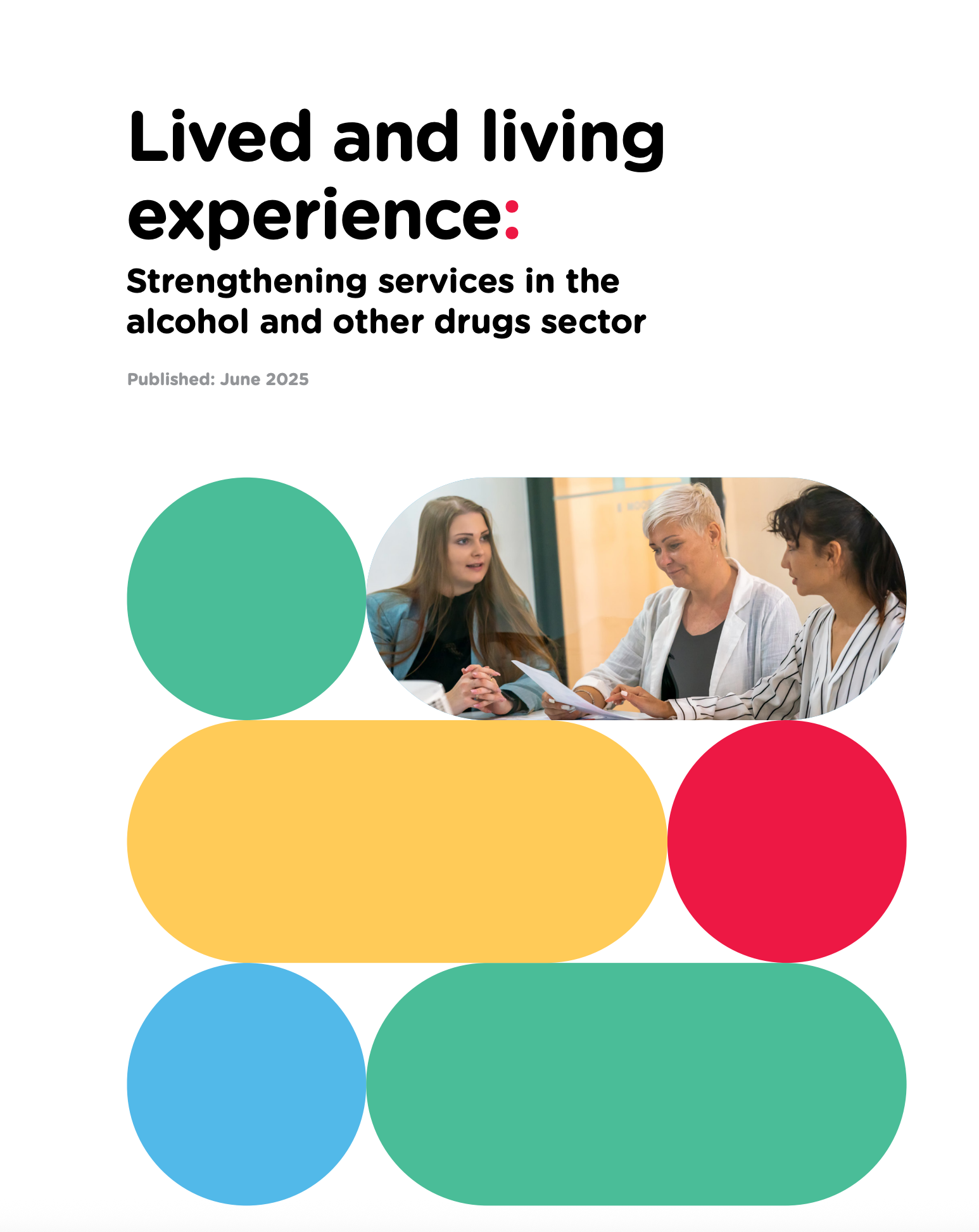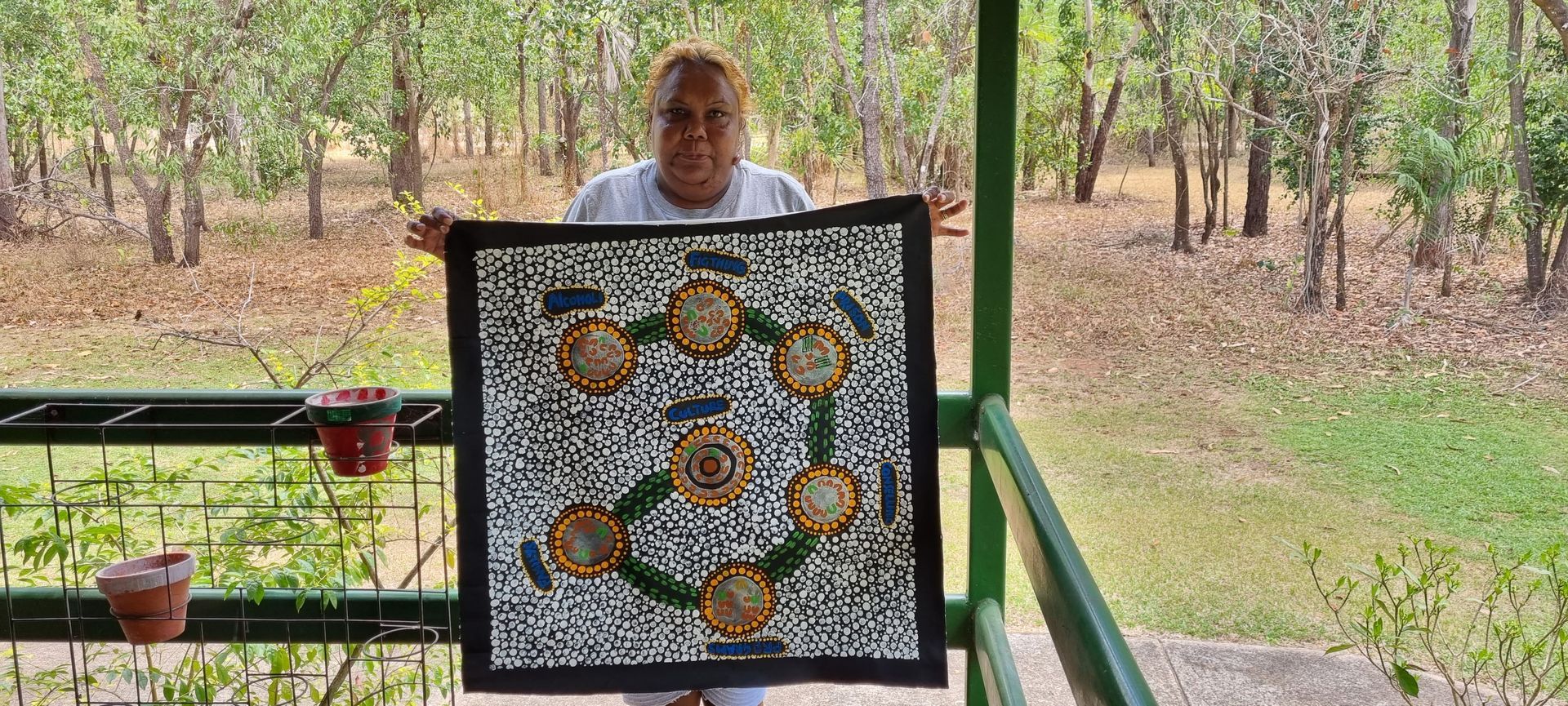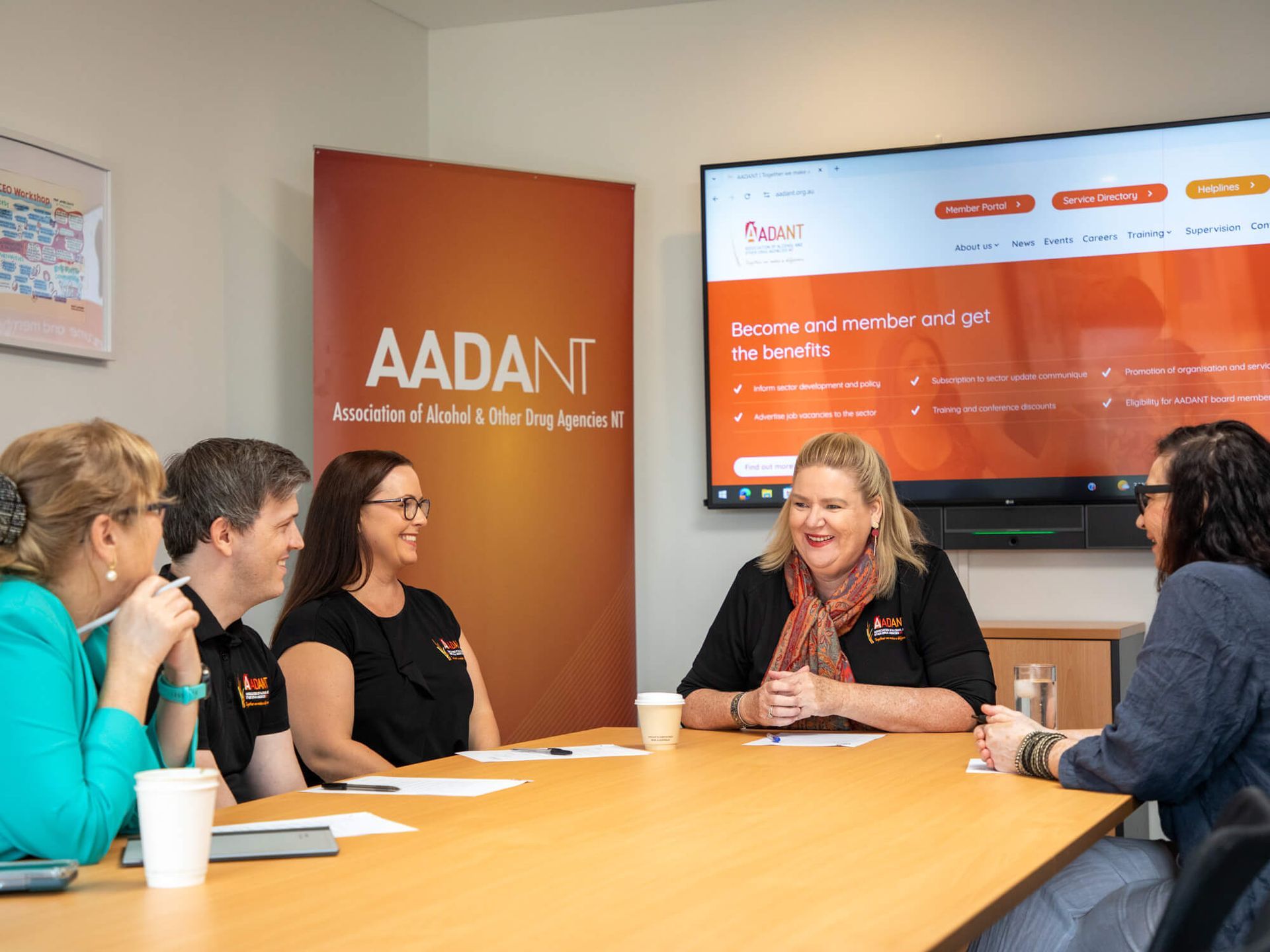genU Training - Supporting U to Support Others
genU Training - Supporting U to Support Others
genU Training is a nationally recognised RTO with deep expertise in alcohol and other drugs, mental health, disability, and community services. As a not-for-profit organisation owned by a community services and disability provider, genU is values-driven and focused on community impact rather than profit. Their courses are designed to meet sector needs, equipping staff with the skills to deliver culturally responsive practice, provide brief interventions, and support individuals with co-existing mental health challenges through integrated approaches.
Recognising the unique needs of the NT AOD workforce, particularly those in remote communities, genU offers flexible training models including blended online delivery, live virtual classrooms, after-hours options, and tailored trainer support. This flexibility ensures staff can build their skills without being pulled away from critical frontline roles for extended periods. Accredited training also supports staff retention, creates career pathways such as the Cert IV in AOD, Mental Health, or Community Services, and strengthens compliance with NT health standards. With options ranging from microcredentials and professional development workshops to full qualifications and dual certificates, genU provides pathways for both new and experienced staff. By aligning its training with sector priorities and focusing on practical, job-ready skills, genU Training offers a sustainable approach to building a skilled and resilient AOD workforce in the Territory.













